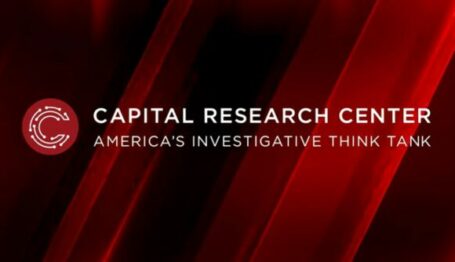Blog
Cow Tax
The EPA, last year, published its Advance Notice of Proposed Rulemaking (ANPR) for regulating greenhouse gas (GHG) emissions under the Clean Air Act. One of the suggestions the EPA made to regulate GHG is to levy a tax on livestock.
“The tax for dairy cows could be $175 per cow, and $87.50 per head of beef cattle. The tax on hogs would upwards of $20 per hog,” the release said. “Any operation with more than 25 dairy cows, 50 beef cattle or 200 hogs would have to obtain permits.”
Analysts predict that it would raise the cost to produce a gallon of milk by about $0.08. It would also drive up the production cost of beef and pork. These costs will be passed on to the consumer.
Prominent politicians on both sides of the aisle can be pretty out of touch with cost of staple foods (John Edwards and Rudy Guliani are examples), so maybe the suggestion of a mere 8 cent raise in milk prices isn’t a big deal. But to the average American family it sure is. To the family that has seen the cost of milk, bread and eggs nearly double (in the case of eggs, it more than doubled), in the past few years, additional spikes in food costs are hard to swallow.
Regulating GHG emissions by taxing everyday food items is a bad idea as it hurts people who buy food (which, if my calculations are correct, is a lot of people!). It will also hurt small farmers especially, as the profit margin for small farmers is already pretty small and the additional transaction costs associated with applying for permits and paying a new tax will only hurt



